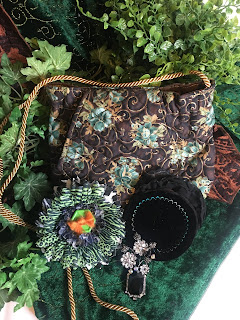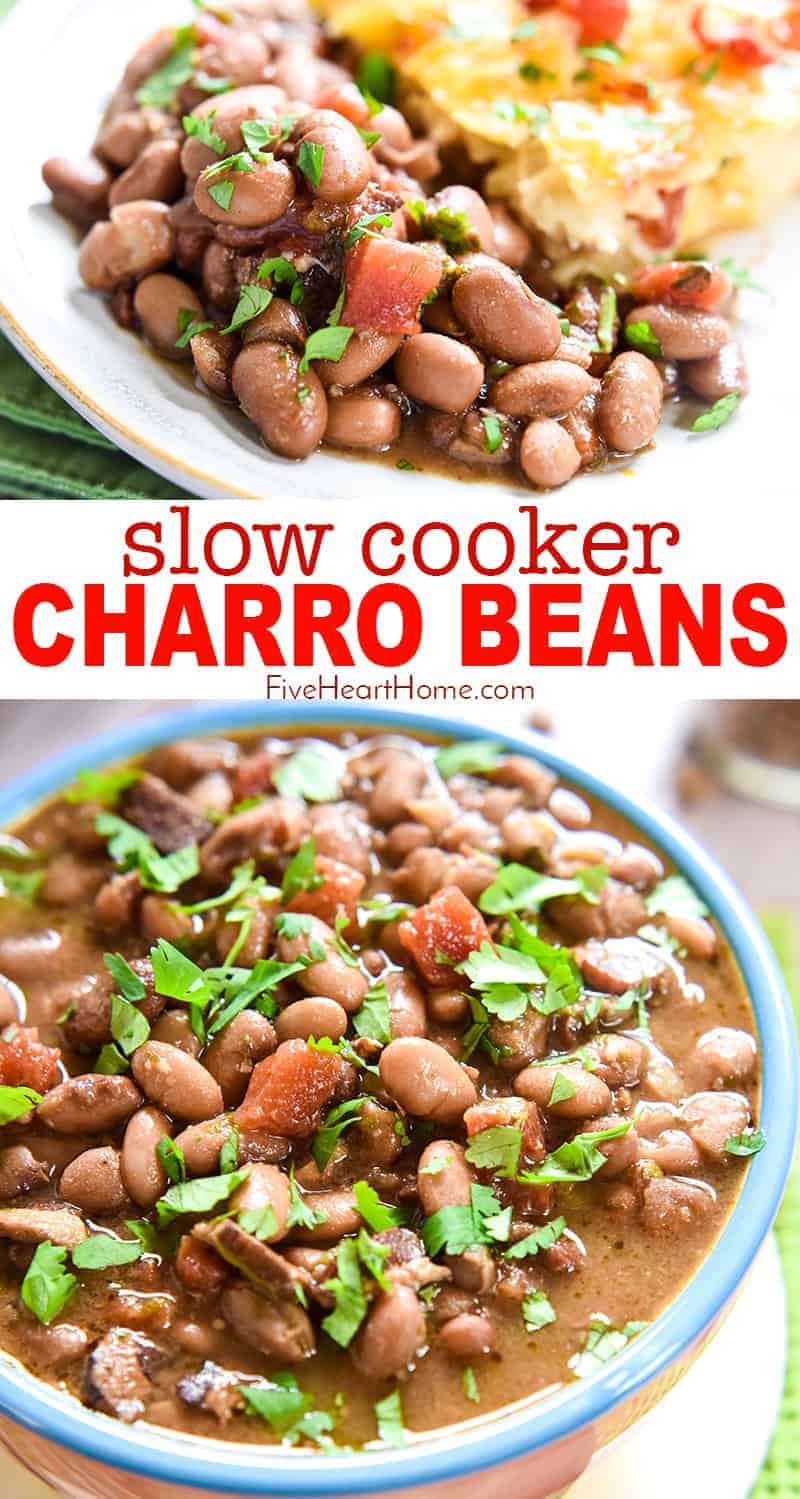What a fun project with fun results! This OOAK bag can take you from Casual Fridays to Saturday Night Parties! And knowing its history, makes it even more fabulous!
I have to admit that I slowed down on this project after part #2. The lining needed to be shiny & bright, and I wanted a tone on tone print. However, I couldn't find anything like that in my fabric stash, nor did I find the perfect fabric at the stores. The fabric I ended up with is a basic polyester satin from my local Hobby Lobby. It was on sale and thick enough to be durable.
 |
| Ready to cut the lining fabric. |
The inside pocket is black velvet with blue fabric trim. That trim matches one of the blue fabric layers woven into the bag, so there is continuity with the design. The pocket had to be hand stitched to the lining because I forgot to machine stitch it in place before I seamed up the side & bottom of the lining. (Maybe next time I'll remember to attach the pocket BEFORE I sew up the lining.)
 |
| Stitched pocket, stitched lining & fabric strip for the strap. |
Parts of the woven outside needed to be stitched to stabilize the fabric strips. Good old fashioned hand stitching came to the rescue. I felt that necessary since I plan to sell the bag. I believe in making quality products even if it does require doing the little extra steps.
If you're curious about the strap, it's made from a 4" strip of black velvet that belonged to the black velvet skirt (part #1). It was easy to sew, then I machine stitched the strap onto the outer bag. The next step was to hand stitch the finished lining to the outer bag.
Embellishing the bag excited me, and after playing with buttons, I realized that the embellishments needed to be kept at a minimum and not distract from the beautiful woven fibers. Plastic & metal buttons cheapened the look, and so did this big rhinestone brooch.
 |
| Choices... |
 |
| This brooch is too gaudy! |
 |
| This button is too garish! |
This glass button that I picked up in Santa Fe, New Mexico felt just right. The black circle stripes on the turquoise glass compliment the black & blue lines on the bag. A few faceted blue crystal beads were chosen for the final touch. Each bead is securely stitched, and the threads are knotted several times to prevent the beads from falling off. That needed to be done because this bag is going places!
 |
| Artisan's glass bead & faceted glass beads, hand stitched. |
The finished bag measures 9" x 7.5" with a 52" crossover strap. It's fully lined with turquoise satin & one inside pocket, and a magnetic snap closure snaps it shut. The snap is positioned in the middle of the bag.
 |
| Bag's interior view. |
This bag turned out to be most charming and very, very soft. It's lightweight, but very durable. I can see a bright future for it, and some lucky lady will love all the compliments she receives every time she carries it. She can tell her admirers that it is One of a Kind and that she heard the artist who made it is a legend in her own time. Well... a girl can dream, can't she??? 💕😊💕
 |
| Back side of the bag. Cute streamers of yarn & ribbon! |
 |
| Inside view showing magnetic snap & trimmed pocket. |
 |
| Finished woven bag with Artisan's glass button... Viola! |
@Copyright 2020 Cindy Lou Hodges All Rights Reserved.









































